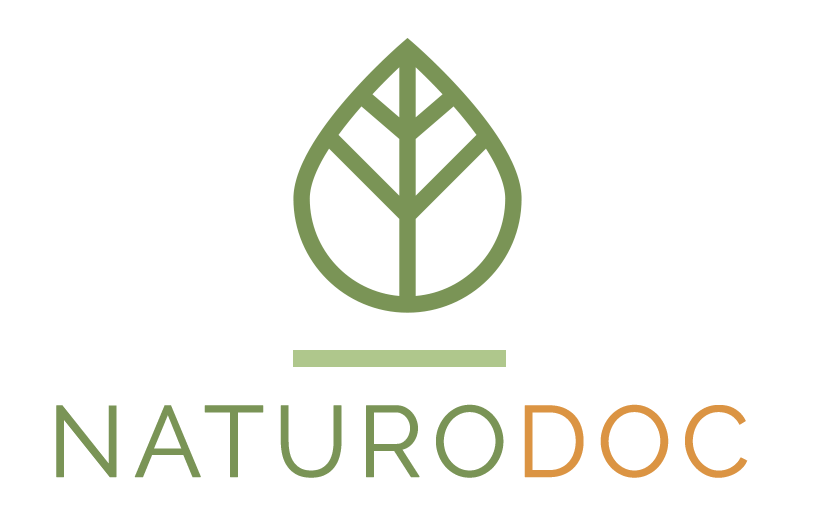Immunizations & Autism
Two Massachusetts Families Sue Vaccine Makers
Blame Preservative Added to Medication For Children’s Autism
By Alice Dembner, The Boston Globe
September 1, 2001 – The parents of three autistic Massachusetts children have filed a class-action lawsuit against the nation’s major vaccine manufacturers, putting the state at the forefront of a dispute over whether a widely used preservative in vaccines causes neurological disease.
The suit alleges the children “were poisoned with toxic mercury” contained in the preservative Thimerosal, which is used in a range of childhood vaccines including hepatitis B, Haemophilus B, and diphtheria/tetanus.
The complaint says as many as 500,000 children in Massachusetts may have been “unnecessarily exposed to dangerously high doses of toxic organic mercury” from 1990 through this year because of stepped-up vaccination campaigns.
The Massachusetts lawsuit is the second of at least 15 suits which a team of lawyers in Medford and Portland, Oregon are planning to file across the nation. Altogether, lead attorney Robert Bonsignore said as many as 30 million American children may have been injected with vaccines containing Thimerosal in the last 10 years.
“No one can tell you what caused the autism,” said Michael Chmura of Waltham, father of 4-year-old Evan, who is one of the plaintiffs. “But you find out you’re injecting poison into your kid’s bloodstream, the same poison they tell you not to give them via tuna fish.”
A spokesman for Aventis Pasteur, the lead company in the suit, said he couldn’t comment on pending litigation.
However, the Food and Drug Administration has maintained the vaccines were and are safe. “Certainly mercury is not good for you, but at the concentrations that were present in the vaccines, there’s no indication that they were harmful,” said Dr. William Egan, deputy director of the vaccine office at the FDA.
But two years ago, amid growing public concern over possible health risks, the FDA, the Public Health Service, and the American Academy of Pediatrics began urging vaccine makers to phase out use of the preservative. All of the recommended children’s vaccines are now available in versions which are either Thimerosal-free, or which contain only trace amounts.
However, doctors may still use those containing the preservative, and public health specialists say it is better for children to be inoculated with those vaccines than to go without protection.
Several studies are underway to examine the possible connection between the vaccines and autism, a neurological disorder that results in symptoms including extreme social withdrawal and repetitive behavior. The suit, filed last month in Middlesex Superior Court in Cambridge, Massachusetts, alleges that seven vaccine manufacturers and five companies that produce Thimerosal failed to test the vaccines properly, and warn parents about the presence and risks of the additive.
It says the children were given doses that exceeded guidelines for exposure to other types of mercury set by the Environmental Protection Agency and the National Academy of Sciences. There are no guidelines for exposure to ethyl mercury, the form contained in thimerosal.
Evan Chmura was diagnosed with autism at age 2-1/2, and his father points to the 15 vaccinations Evan had received since birth as the culprit.
Chmura said it was clear by age 2 that Evan was not developing normally. “His speech was delayed, he didn’t want to play with other kids, he’d open and close doors repeatedly, and he wouldn’t respond when we called. He’d get very upset if his routine was disturbed – he’d break into tears and throw a tantrum if anything in the yard was rearranged. I’m not a scientist, but there’s something different in our environment that’s causing it,” he said.
In the suit, Bonsignore lays out the circumstantial case that has led some parents and doctors to believe that the vaccines can cause autism. Neurological injuries in children, including autism, have soared in the last decade at the same time that a number of new vaccines were given to children at earlier ages. Attention has focused on vaccines for hepatitis B and mumps, measles, and rubella.
Bonsignore says that the preservative was only needed in multi-dose vials of the drugs that he says the companies produced “solely to drive up their profits.” Thimerosal prevents bacterial growth, and its addition to vaccines was approved by the FDA.
The second couple in the suit, Jared and Majorie Hansen of Framingham, have two children with autism: Jacob, who is 3, and William, who is 2. The children were vaccinated in Utah before the family moved here last year. The suit seeks an unspecificed amount of money for medical care and special education for the ill children. It also seeks damages for loss of future earnings and quality of life as well as punitive damages against the companies. “The ultimate goal is to find out what can be done to bring these kids back as close to normal as possible,” said Bonsignore.
